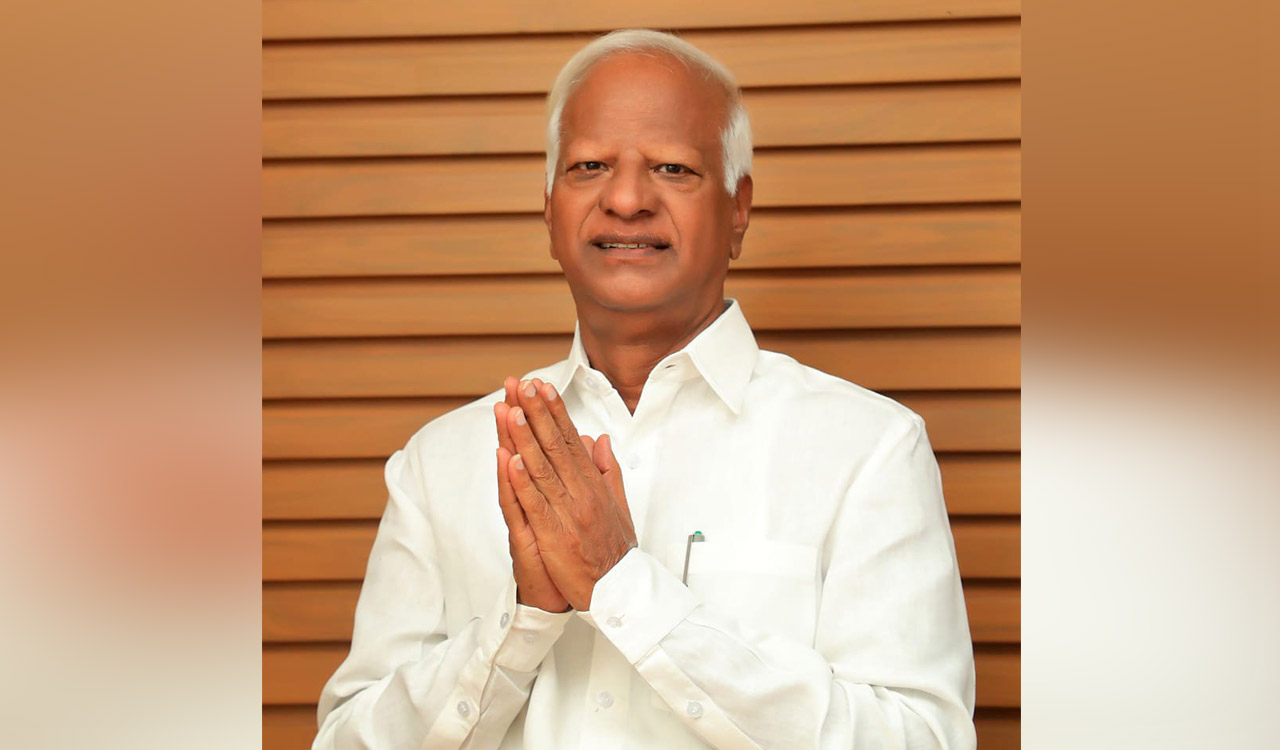‘Technology aiding in preserving health’
The effort is to use technology to understand the changes happening in the body to take appropriate action

Hyderabad: In the recent few days, we have seen reports of how alerts sent by wearable devices have come in handy in saving the lives of people wearing them.
Among others, Apple has been using technology for proactive healthcare. It is focusing on ECG, heart rate and other parameters to send alerts if there are any unusual spikes or falls in the levels.
Also Read
Dr Sumbul Desai, vice-president of Health, Apple (USA), who participated in a fireside chat at the ongoing industry event BioAsia, explained how the company uses technology to save lives. “Privacy is at the core of health applications. We maintain the same level of privacy doctors would maintain about their patients. Many think that Apple has access to the data. It is not true. We do not have any access to the data generated by individuals. It stays in the device,” she said.
“When we create features such as heartbeat notifications and walking steadiness, we ensure that the user is in control of their data and Apple doesn’t have access to that data. We are innovating in proactive, preventative health where you are notified even before you may have symptoms. Also, we have really thought about where we can make an impact in proactive preventative health starting with the heart features,” she said.
The effort is to use technology to understand the changes happening in the body to take appropriate action. “In the US and Canada, we have a clinical health record, which people can access from their iPhone, in an aggregated manner. We want the user to securely and privately access their health record information. They are empowered to have that information to have better clinical interaction,” said Desai.
“In our approach to women’s health, one of our fundamental beliefs is to partner with medical research and the scientific community to develop heart features. A few years ago, we introduced cycle tracking for women where they can log their symptoms. We also launched Apple’s women’s health study. Women’s health is an understudied area. Now, when you are wearing the watch, we have access to biometrics. So, how does it inform women about their health? We are refreshing the data and understanding the science of women’s health. Through the data, we are finding that a lot of women experience PCOS which is often underdiagnosed,” said Desai.
“Over 2,00,000 samples of consenting participants’ data, we looked at changes in mobility patterns to classify movements. Essentially, we are focused on evidence-based ways to clinically validate. The way I would think about it is to view our work very early – there is a lot more science to discover,” she said.
“Technology should not be used just for the sake of using it. It should solve a problem or create an impact,” said Desai urging people to focus on sleep, mobility and being proactive to stay healthy. She urged people to not use technology at all times but only intentionally.
Sangita Reddy, Joint Managing Director, Apollo Hospitals, said cardiac ailments are the largest killer. About 65% of the people who visit the hospital due to cardiac complaints have about three vessels blocked. In the case of cancer, about 76% of patients do not know they are suffering from cancer. Many discover when it is in Stage III or IV, by then it is late to respond.
“We are focused on mainstreaming cancer screening. The use of technology makes it easier to understand the risks. Empowering individuals is key to preserving the population’s health. There is data coming from many channels but it needs to be analysed for actionable insights,” said Reddy.
Apollo has recently launched a cardiac intelligence engine. Physicians can have access to this. Robotics is being used in operation theatres. The use of artificial intelligence will increase in the days to come. Telemedicine will play a significant role in developing a better-cared world.
Related News
-
Chandrababu Naidu directs officials to allow large-scale saffron cultivation in Lambasingi under PPP model
12 mins ago -
Woman advocate murdered by brother over property dispute in Moinabad
45 mins ago -
Sri Lanka to host Group B matches of T20 World Cup
2 hours ago -
Disqualification of turncoats: Speaker clears another MLA from defection charges for lack of evidence
2 hours ago -
Sensex, Nifty edge higher; IT stocks cap rally despite trade deal cheer
2 hours ago -
Medak: Six-year-old girl injured in attack by monkeys in Narsapur
3 hours ago -
Rupee slips 22 paise as caution persists despite India-US trade deal
4 hours ago -
Raipur-bound flight delayed at RGIA after technical snag
4 hours ago




